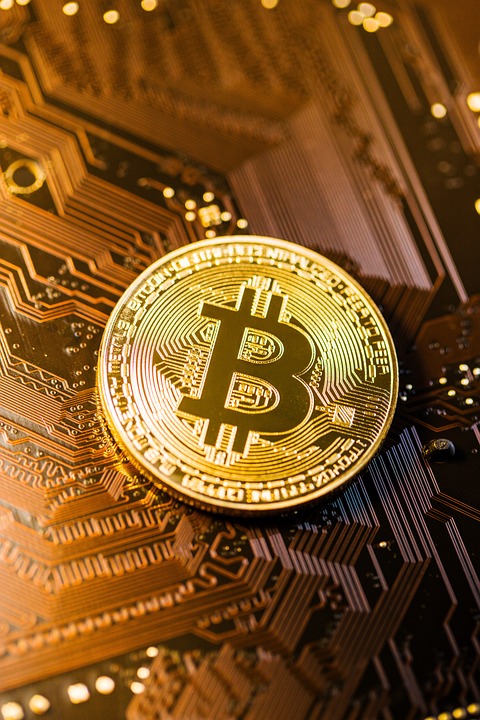As blockchain technology continues to transform various sectors by providing decentralized and immutable transaction records, the potential for disputes in blockchain transactions has also grown significantly. Smart contracts, digital assets, and decentralized applications (dApps) are at the forefront of this revolution, bringing both promise and complexity. This article explores new approaches to dispute resolution in blockchain transactions and the legal considerations that stakeholders must navigate.
The Nature of Disputes in Blockchain Transactions
Blockchain transactions can give rise to disputes for a variety of reasons, including:
-
Smart Contract Malfunctions: Immutability is a hallmark of blockchain, but it can also become a double-edged sword. If a smart contract is programmed incorrectly or does not account for all possible contingencies, it can lead to unintended outcomes.
-
Regulatory Compliance: Different jurisdictions have varying rules surrounding cryptocurrencies and blockchain transactions. A party may dispute a transaction’s legitimacy based on interpretation or lack of compliance with local regulations.
-
Party Misconduct: Issues such as fraud, hacking, or other forms of misconduct can undermine trust in blockchain transactions, leading to disputes among users.
- Disagreements on Terms: In decentralized finance (DeFi) environments, where contracts and transactions are automated, there may be disputes about the interpretation of terms, especially if they were not adequately documented.
Traditional Dispute Resolution Mechanisms
Traditionally, disputes related to contracts and transactions are addressed through litigation or alternative dispute resolution (ADR) mechanisms such as mediation and arbitration. However, these approaches face challenges in the blockchain context:
-
Jurisdictional Issues: Determining the appropriate jurisdiction can be troublesome when transactions occur across multiple territories without a clear legal framework.
-
Immutability: Once a blockchain transaction occurs, reversing it becomes incredibly challenging, often requiring reliance on the goodwill of the parties involved.
- Participant Anonymity: The pseudonymous nature of many blockchain networks can complicate the identification of responsible parties, making it harder to enforce standards of accountability.
New Approaches to Dispute Resolution
To adapt to the evolving landscape of blockchain transactions, innovative approaches to dispute resolution are being developed:
1. Decentralized Dispute Resolution (DDR)
One of the most promising approaches is the development of decentralized dispute resolution systems that leverage community consensus. Platforms such as Kleros and Aragon Court employ mechanisms that allow stakeholders to act as jurors, voting on disputes based on evidence provided. This structure emphasizes transparency and decentralization while eliminating the need for a centralized authority.
2. Smart Contract Arbitration
Smart contracts can incorporate arbitration clauses automatically, enabling pre-determined arbitration processes without the need for traditional courts. By coding specific dispute resolution pathways into the smart contract itself, parties can avoid litigation while ensuring faster and more cost-effective resolutions.
3. Chaincode Arbitration Frameworks
Emerging technologies like Chaincode Enforcement allow the enforcement of contract terms through on-chain arbitration mechanisms. Utilizing oracle systems, these frameworks can draw on real-time external data to resolve disputes based on pre-agreed conditions coded into the contracts.
4. Incorporating AI and Machine Learning
AI can play a significant role in the arbitration process by analyzing vast amounts of data and improving decision-making. Machine learning algorithms can help predict outcomes based on historical data, facilitating faster resolutions.
Legal Considerations
As blockchain technologies proliferate, legal frameworks surrounding them remain inconsistent, posing challenges for dispute resolution:
-
Regulatory Clarity: Without clear and uniform regulations, the enforcement of contracts, particularly in cross-border transactions, can vary widely. Stakeholders must be aware of, and compliant with, relevant laws to avoid disputes.
-
Smart Contract Legality: Courts may need to address the legal status of smart contracts, particularly about their enforceability and the roles of parties involved. Governance and accountability models must be employed to address potential legal loopholes.
-
Data Privacy and Security: The transparency of blockchain transactions may conflict with data protection regulations like the GDPR in Europe. Stakeholders must balance transparency with user privacy when designing smart contracts and dispute resolution mechanisms.
- Choice of Law: Parties must consider which legal system will govern their contracts and how the resolution processes will be conducted within that framework.
Conclusion
As blockchain technology increasingly permeates various industries, the need for effective dispute resolution mechanisms becomes critical. New approaches such as decentralized dispute resolution, smart contract arbitration, and AI-driven solutions show significant promise in addressing this challenge. However, stakeholders must remain vigilant about the legal considerations and uncertainties that accompany blockchain transactions. By proactively addressing these issues and embracing innovative solutions, parties involved in blockchain transactions can navigate disputes more efficiently, fostering trust and collaboration in the ever-evolving digital economy.




